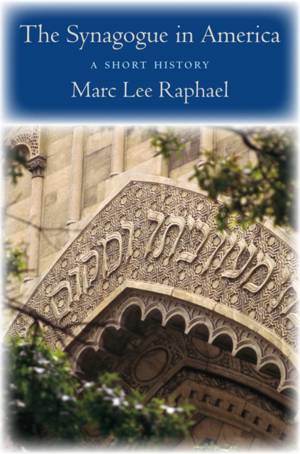
- Retrait gratuit dans votre magasin Club
- 7.000.000 titres dans notre catalogue
- Payer en toute sécurité
- Toujours un magasin près de chez vous
- Retrait gratuit dans votre magasin Club
- 7.000.0000 titres dans notre catalogue
- Payer en toute sécurité
- Toujours un magasin près de chez vous
Description
Read the Jewish Idea Daily's review here.
In 1789, when George Washington was elected the first president of the United States, laymen from all six Jewish congregations in the new nation sent him congratulatory letters. He replied to all six. Thus, after more than a century of Jewish life in colonial America the small communities of Jews present at the birth of the nation proudly announced their religious institutions to the country and were recognized by its new leader. By this time, the synagogue had become the most significant institution of American Jewish life, a dominance that was not challenged until the twentieth century, when other institutions such as Jewish community centers or Jewish philanthropic organizations claimed to be the hearts of their Jewish communities.
Spécifications
Parties prenantes
- Auteur(s) :
- Editeur:
Contenu
- Nombre de pages :
- 259
- Langue:
- Anglais
Caractéristiques
- EAN:
- 9780814775820
- Date de parution :
- 18-04-11
- Format:
- Livre relié
- Format numérique:
- Genaaid
- Dimensions :
- 147 mm x 211 mm
- Poids :
- 430 g

Les avis
Nous publions uniquement les avis qui respectent les conditions requises. Consultez nos conditions pour les avis.






